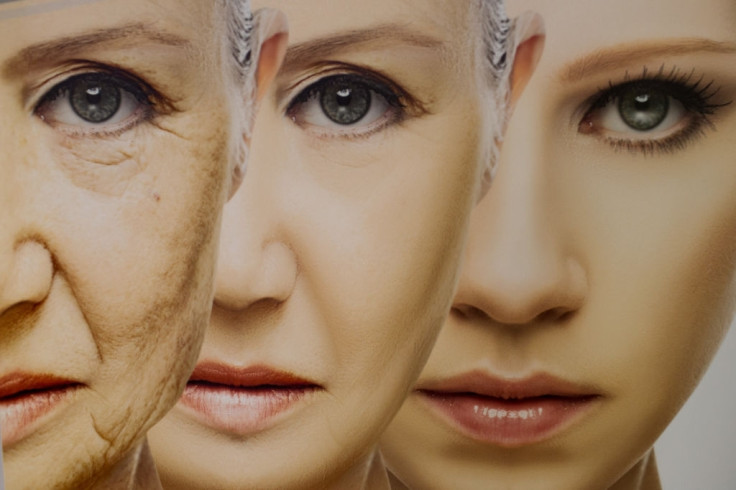Scientists find bacterial molecule that may fight the effects of ageing, extend healthspan
Emory University scientists make key discovery in efforts to reverse effects of ageing.

Scientists have found that a bacterial molecule extends the 'healthspan' of three different species, something that could potentially pave the way for fighting the effects of ageing.
A group of researchers led by Emory University's Daniel Kalman have discovered that indole, a molecule produced by commensal bacteria, carries the ability to ablate common symptoms of ageing like weight loss and lack of motility – the capacity to move spontaneously.
"Indoles are likely only one of many classes of molecules used by commensal bacteria and plants to communicate with us," Kalman said in a statement to New Scientist. "Indoles have similar functions in animals from diverse phyla separated by hundreds of millions of years of evolution."
The researchers proved this concept with a series of experiments on three different species - mice, nematode worm Caenorhabditis elegans, and fruit flies. They wiped out the bacterial production of the molecule and found the subjects weren't benefited by the anti-ageing gains.
In other words, lack of indoles is detrimental to 'healthspan' as it serves anti-ageing abilities – "thrashing motility" and the "capacity to eat bigger meals" – in aged creatures. According to the researchers, this is something comparable to the healthy traits of younger specimens. Usually, people confuse 'healthspan' with 'lifespan', but the former indicates the period before age-related factors strike.
Though this is just a starting point, it is not hard to see the potential benefits of studying molecular activity for extending 'healthspan'. The researchers say they're still far from any kind of drug for humans, but if it happens, there could finally be a way for people to counter the ravages of ageing and that too without indulging in expensive techniques.
For years, scientists have toiled to devise techniques and methods for reverse-ageing. There have been numerous possibilities, but nothing till now has proved to be a solid breakthrough.
© Copyright IBTimes 2025. All rights reserved.





















